opening hours
Monday closed
Tuesday to Sunday 11 am – 7 pm
Tuesday 24 December 11 am > 4 pm
Monday 25 December closed
Tuesday 31 December 11 am > 4 pm
Wednesday 1 January 11 am > 7 pm
Monday 6 January 11 am > 8 pm
- full price € 15 at the box office - € 14 online
- reduced price € 12 at the box office - € 11 online
for young people aged between 18 and 25 (not yet turned 25); for groups of 15 people or more; La Galleria Nazionale, Museo Ebraico di Roma ticket holders; upon presentation of ID card or badge: Accademia Costume & Moda, Accademia Fotografica, Biblioteche di Roma, Centro Sperimentale di Cinematografia, Enel (for badge holder and accompanying person), FAI – Fondo Ambiente Italiano, Feltrinelli, Gruppo FS, IN/ARCH – Istituto Nazionale di Architettura, Sapienza Università di Roma, LAZIOcrea, Palazzo delle Esposizioni, Amici di Palazzo Strozzi, Accademia Nazionale di Santa Cecilia, Scuola Internazionale di Comics, Teatro Olimpico, Teatro dell’Opera di Roma, Teatro di Roma, Università degli Studi di Roma Tor Vergata, Youthcard; upon presenting at the ticket office a Frecciarossa or a Frecciargento ticket to Rome purchased between 27 November 2024 and 20 April 2025
- open € 18
valid for one year from the date of purchase
- free
minors under 18 years of age; disabled people requiring companion; EU Disability Card holders and accompanying person; MiC employees; myMAXXI cardholders; registered journalists with a valid ID card; European Union tour guides and tour guides, licensed (ref. Circular n.20/2016 DG-Museums); 1 teacher for every 10 students; AMACI members; CIMAM – International Committee for Museums and Collections of Modern Art members; ICOM members; journalists (who can prove their business activity); European Union students and university researchers in art history and architecture, public fine arts academies (AFAM registered) students and Temple University Rome Campus students from Tuesday to Friday (excluding holidays); IED – Istituto Europeo di Design professors, NABA – Nuova Accademia di Belle Arti professors, RUFA – Rome University of Fine Arts professors; upon presentation of ID card or badge: Collezione Peggy Guggenheim a Venezia, Castello di Rivoli Museo d’Arte Contemporanea, Sotheby’s Preferred, MEP – Maison Européenne de la Photographie; on your birthday presenting an identity document
Collection
MAXXI’s Collection of Art and Architecture represents the founding element of the museum and defines its identity. Since October 2015, it has been on display with different arrangements of works.
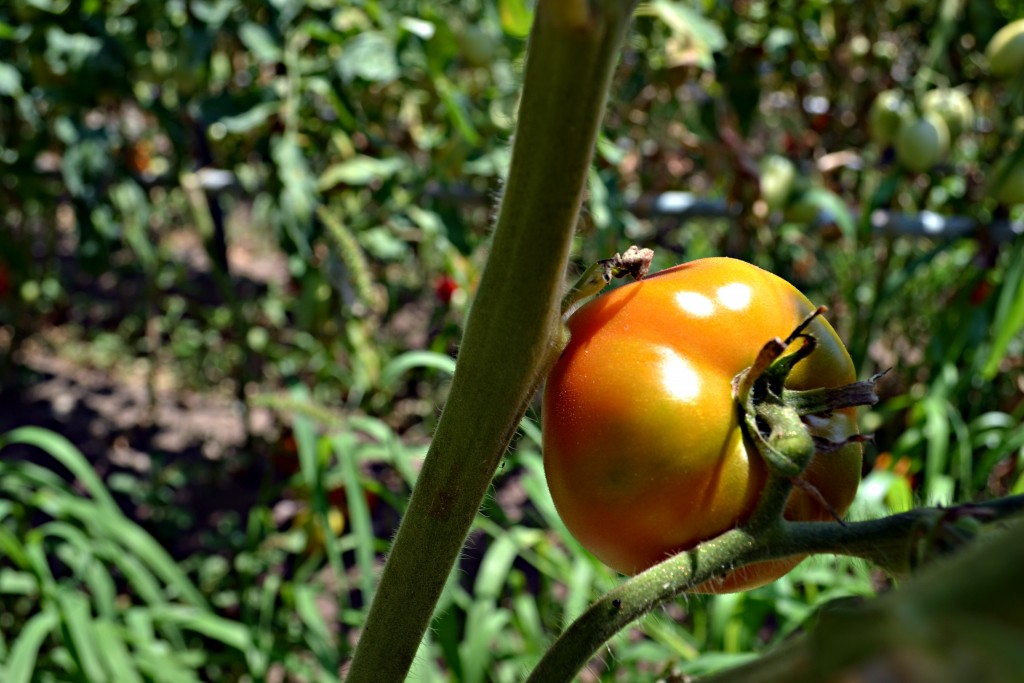
other upcoming events
26 Dec 2024 12.00 pm
guided toursThe Large Glass
26 Dec 2024 04.30 pm
MAXXI for familiesForme danzanti
6 Jan 2025 12.00 pm
guided toursGuido GuidiCol tempo, 1956-2024
6 Jan 2025 04.30 pm
MAXXI for familiesOggetti incredibili e come progettarli
14 Jan 2025 06.00 pm
lectureMongolian Buddhist Art and Zanabazarby Geshe Lharampa Javzandorj Dulamragchaa




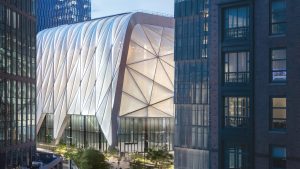
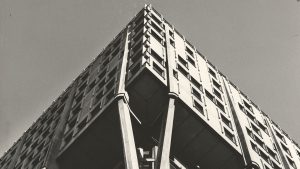



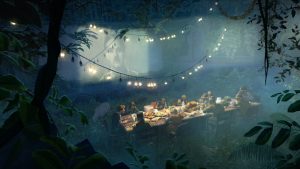

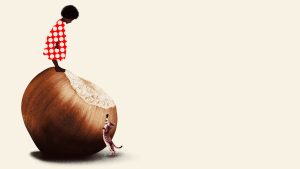
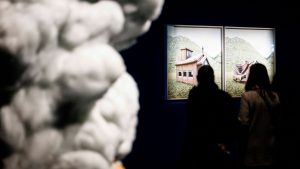

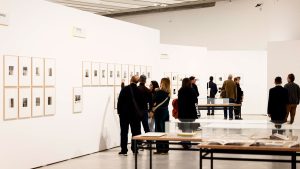
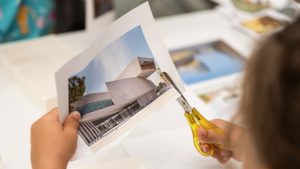
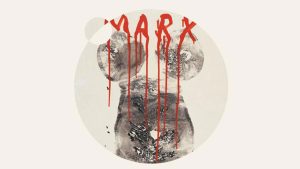

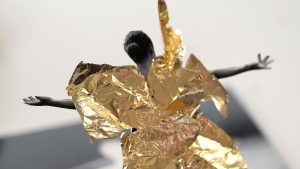
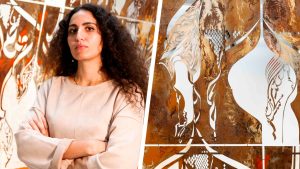
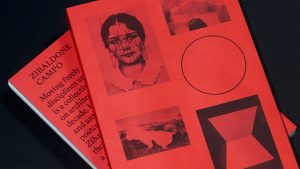

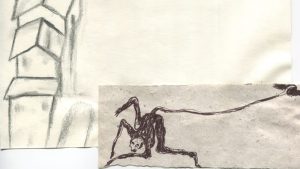

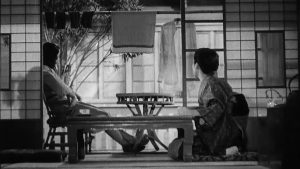
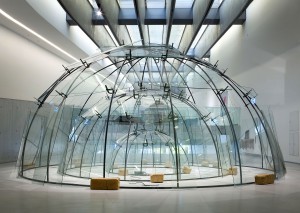
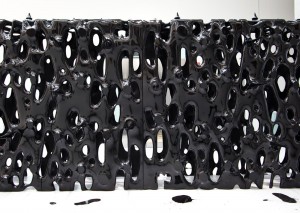
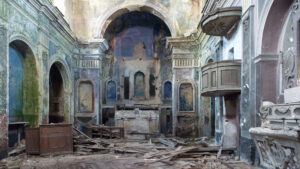

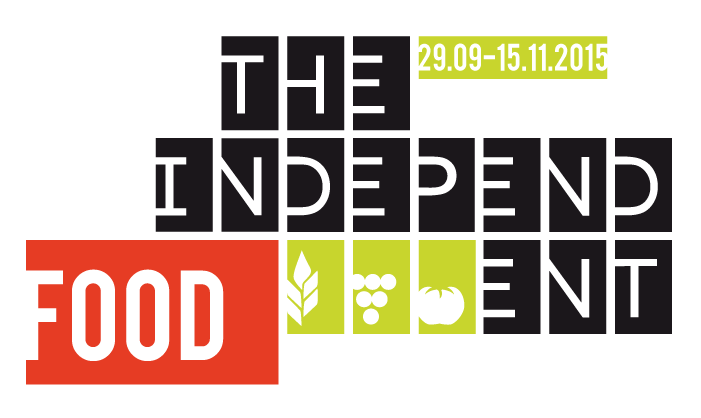
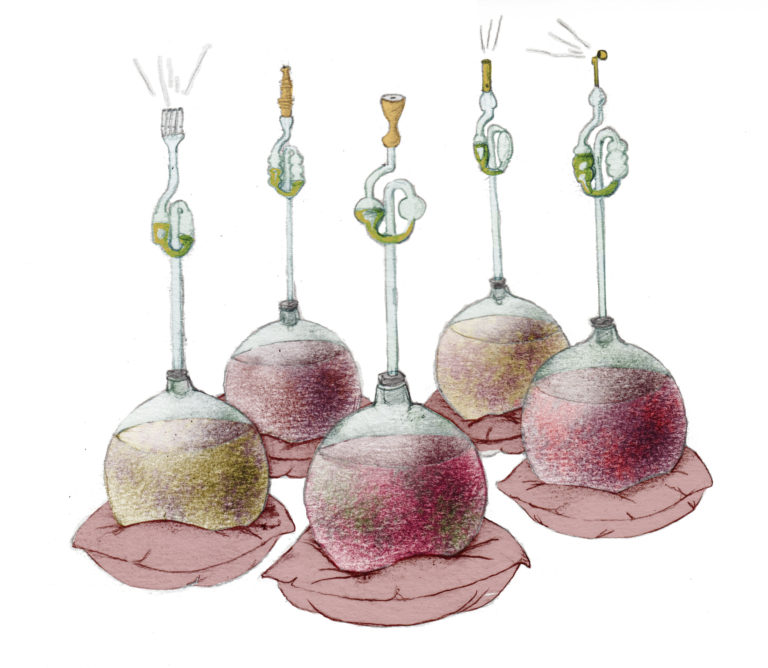
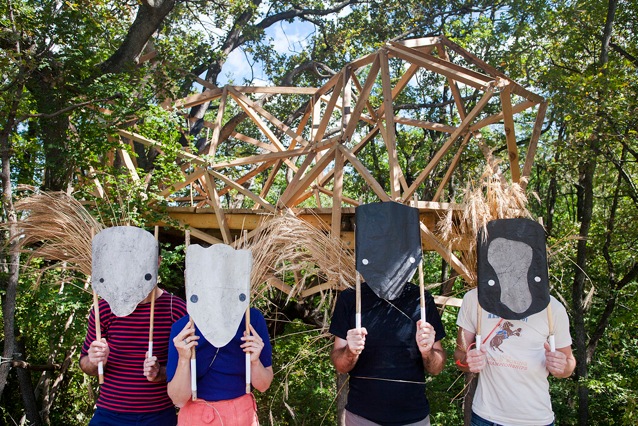



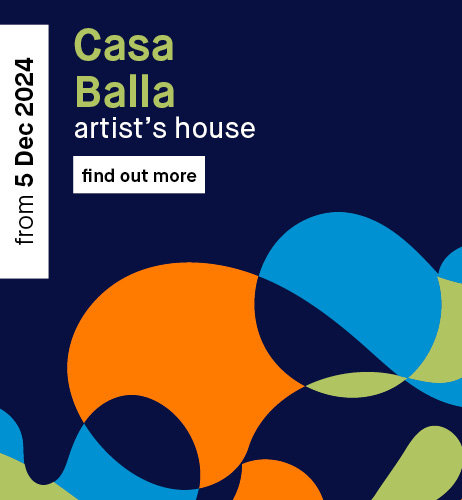
Gian Ferrari Room
An encounter devoted to the presentation of the Strange Fruit project, conceived for The Independent_Food and born out of an initiative by the Aspra.mente collective that has called designers, artists and association to work on the project.
Alessandra Saviotti of Aspra.mente will be illustrating the group’s working methods, describing some of the projects realised to date. All the parties involved will be invited to speak: the artist Luigi Coppola and Donato Nuzzo (Casa delle Agricolture, Castiglione d’Otranto), the designers Luigi Greco & Mattia Paco Rizzi and Luigi Ricciardi (Cooperativa Diaconia, Frosinone).
The project
Botanically it is a fruit, in common usage it is considered a vegetable, the tomato left Central America and completed a protracted journey east, through to Europe. Here it bullishly rooted itself in the culinary culture, becoming an emblem of the Mediterranean diet, part of the intangible cultural heritage of humanity, as proclaimed by UNESCO in 2009.
As a migrant, the tomato has been discriminated against, mistreated, condemned, accused of being poisonous, useless for nutrition and merely ornamental…
Strange Fruit reprises the theme of travel, shifting the investigation from the tomato to the people who cultivate it today in the Italian countryside. The contemporary agricultural labourers are frequently migrants who leave homelands torment by famine and war. The products they harvest are often then exported to the very placed where they themselves have fled. This short-circuit of commercial and migratory routes and personal stories collides with agro-industrial policies that – for overwhelmingly economic motives – do not take into account the wellbeing of the workers and the land.
The Aspra-mente collection has designed a mobile kitchen, located at the centre of the space and destined to become the setting for numerous activities, including a training course for cooks designed for migrants (in collaboration with the Diaconia centre of Frosinone) and tasting sessions.
Project developed in collaboration with Luigi Greco & Matteo Paco Rizzi, Luigi Coppola and Donato Nuzzo – Casa delle Agricolture, Castiglione (LE). Coproduced by MAXXI.